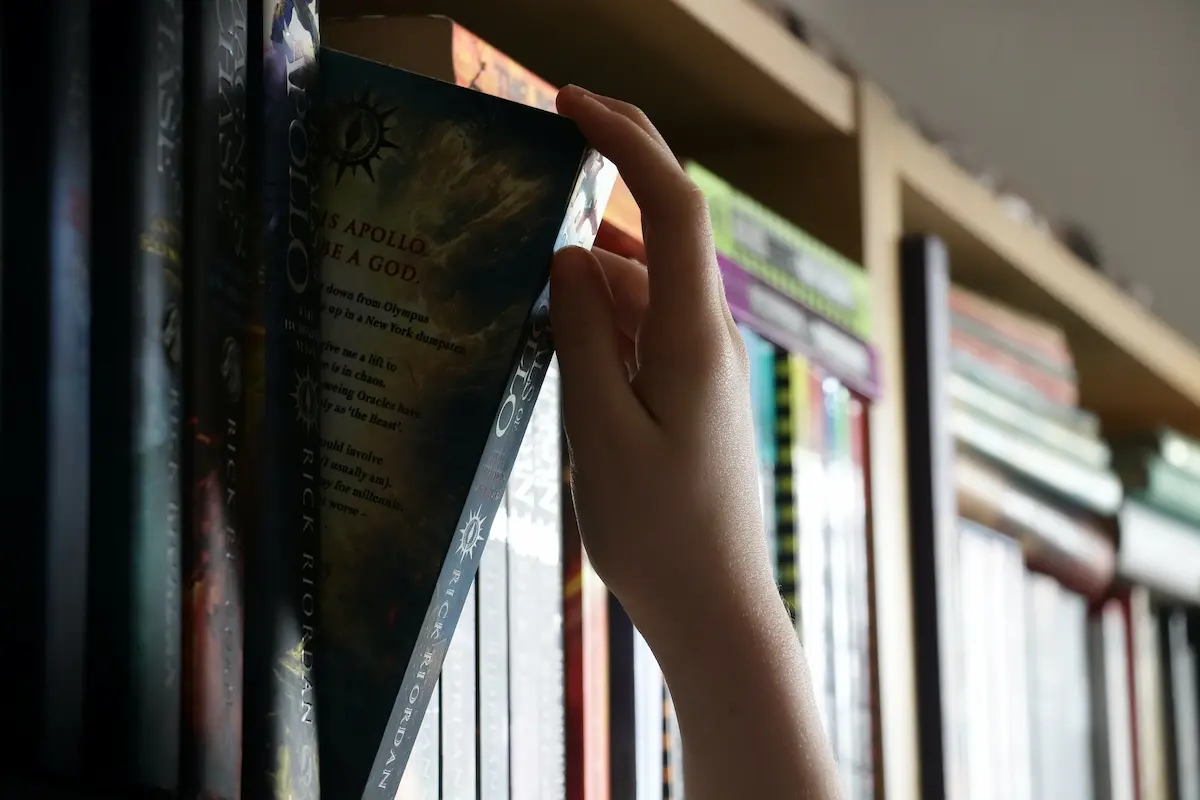“Good books are over your head; they would not be good for you if they were not.”
Mortimer J. Adler
This quote highlights an essential truth about reading: if we want to grow, we must challenge ourselves. However, the reality is that some books can be difficult to read. They may be dense, complex, or written in a style that is hard to understand. So why should you always finish reading difficult content?
Why Should You Always Finish Reading Difficult Content?
The answer is simple: because it’s good for us. When we read books that challenge us, we exercise our brains and expand our knowledge. We learn new vocabulary, encounter new ideas, and gain new perspectives on the world around us. We also improve our critical thinking skills as we are forced to grapple with complex concepts and make connections between different ideas.
But reading difficult content can be challenging. Sometimes we may feel like giving up, especially if the material seems too dense or overwhelming. However, it’s important to remember that reading is a process that takes time and effort to truly understand and appreciate a challenging book.
Of course, this is not to say we should never stop reading bad books. Life is short, and we can only read so many books. As a general rule, give a book the number of pages equal to 100 minus your age. So, for example, if you are 30 years old, you should give a book at least 70 pages before deciding whether or not to continue reading it. If, after reading that many pages, the book isn’t worth it, give yourself permission to quit reading it.
However, when it comes to challenging books, it’s important to push through the initial discomfort and keep reading. Often, the most rewarding books are the ones that challenge us the most. They may require more effort and attention, but the payoff is worth it. We come away from these books with a greater understanding of the world and ourselves and a deeper appreciation for the power of language and ideas.
How Reading Challenging Books Can Help You Grow
So how can we make the most of difficult books? Here are a few tips:
Take it slow. Reading a challenging book requires more time and attention than reading a lighter book. Don’t rush through the material; take your time and savor each sentence. If you are overwhelmed, take a break and return to the book when you feel refreshed.
Look up unfamiliar words. Difficult books often use complex vocabulary that may be unfamiliar to us. Don’t be afraid to look up words you don’t know; this will help you understand the material better and expand your vocabulary.
Take notes. As you read, jotting down key ideas and concepts can help you better understand and remember the material. This is especially helpful for books that are dense or complex.
Discuss the book with others. Talking about the book with friends or a book club can help you gain new insights and perspectives. It can also help you stay motivated and engaged as you read.
Ask for help. If you’re struggling with a book, ask for help. This could mean seeking out a teacher or mentor who can guide you through the material or reaching out on online forums or discussion groups for support.
Why You Should Never Shy Away from a Challenging Book
Reading difficult content may require more effort and attention than reading lighter material, but the rewards are well worth it. By challenging ourselves with complex books, we expand our knowledge, improve our critical thinking skills, and gain new perspectives on the world around us. So the next time you’re faced with a challenging book, don’t give up – keep reading, and see where the journey takes you. As Mortimer J. Adler said , “Good books are over your head; they would not be good for you if they were not.” These words remind us that reading difficult content is not just an intellectual exercise but a way to grow and expand our horizons.
When we push ourselves to read challenging books, we open ourselves up to new possibilities and experiences. We may discover new passions or interests or gain a deeper understanding of our own beliefs and values. We may also find that we are more resilient and adaptable, able to navigate the complexities of the world with greater ease and confidence.
But perhaps most importantly, reading difficult content can help us develop a sense of empathy and compassion for others. By encountering new ideas and perspectives, we learn to see the world through different eyes and understand the experiences of those who are different from us. This can help us build bridges of understanding and create a more harmonious and inclusive society.
So the next time you’re faced with a difficult book, don’t be afraid to dive in. Take it slow, look up unfamiliar words, take notes, and discuss the material with others. And if you find that the book is not worth your time after giving it a fair chance, don’t hesitate to move on. But remember that the most rewarding books are often the ones that challenge us the most. Embrace the challenge, and see where the journey takes you.

Leave a Reply